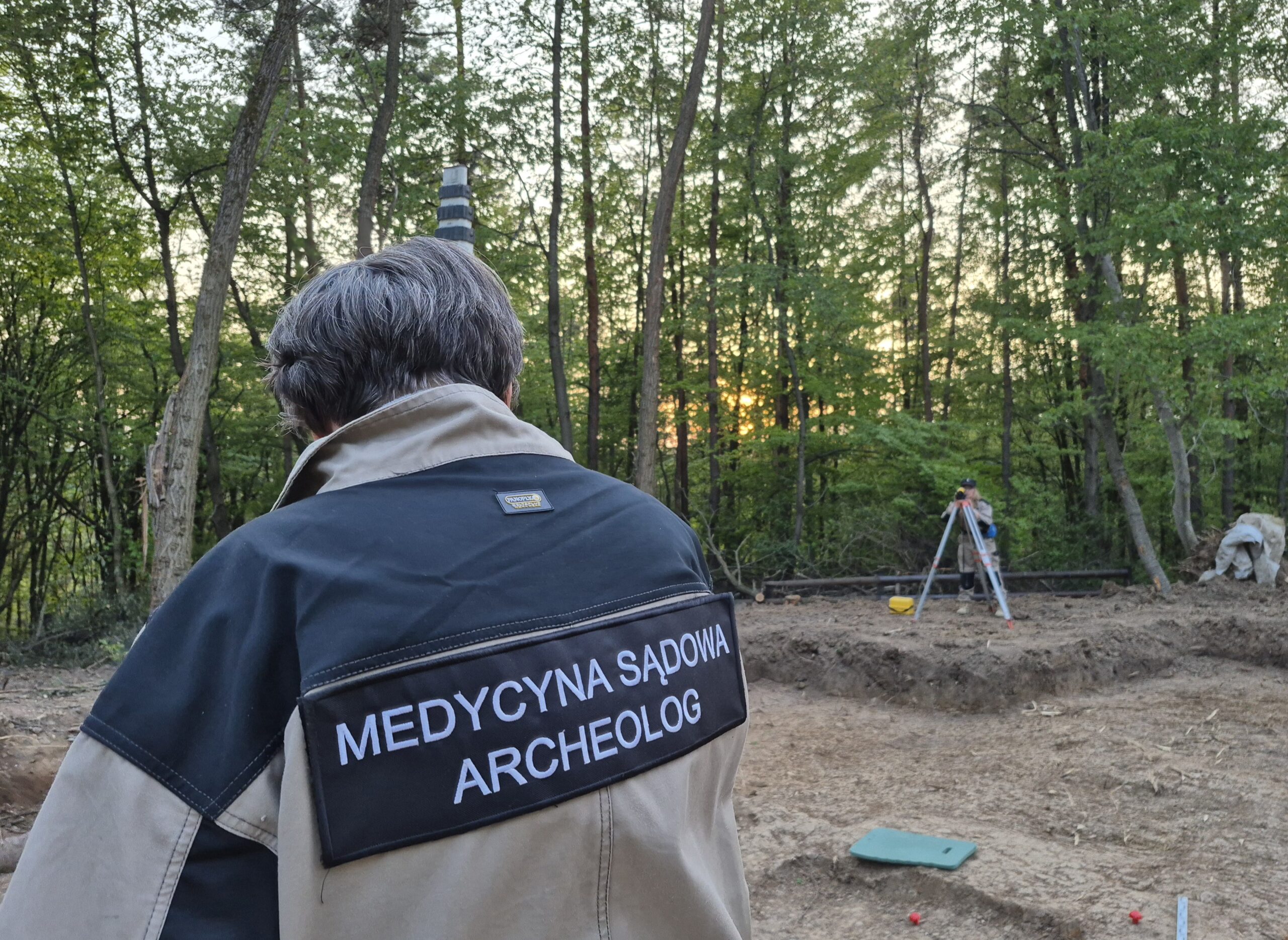Exhumation of Polish WWII massacre victims in Ukraine uncovers remains of 42 people

Exhumation work that began last month in Ukraine to recover the remains of ethnic Poles massacred by Ukrainian nationalists during World War Two has so far uncovered skeletal fragments of at least 42 people, Poland's government has announced.
The fact that the exhumations are taking place at all is seen as a major breakthrough in relations between Poland and Ukraine, two otherwise close allies who have long been divided over the so-called Volhynia massacres. Ukraine had previously banned such exhumations from taking place on its territory.
Announcement regarding the completion of the removal of remains from the former village of Puźniki in the Ternopil region – Ministry of Culture and National Heritage – Portal https://t.co/fjYFrcKdnM https://t.co/XT9t5OHFWQ
— Andrzej Ossowski (@AndyOsa1978) May 6, 2025
Following an announcement in January that Ukraine had lifted that ban, which had been in place since 2017, the first exhumation work began on 24 April in Puzhnyky (known as Puźniki in Polish), a depopulated former village in what is now western Ukraine but which, before the war, was part of Poland.
Ukrainian nationalists are believed to have killed between 50 and 135 Poles there on the night of 12/13 February 1945 as part of broader massacres between 1943 and 1945 that killed around 100,000 ethnic Poles, mostly women and children.
On Tuesday this week, Poland's ministry of culture and national heritage, which has overseen the process in cooperation with its Ukrainian counterpart, announced that “skeletal fragments of at least 42 people – women, men and children – have been found” during the work in Puzhnyky.
“The research team is cleaning the remains, conducting anthropological and medical analyzes and 3D scans”, after which “the final number of victims, their gender and age will be provided”, added the ministry.
Samples from the remains are also being sent for genetic testing, which will help “to restore their identity and then give them a dignified burial in accordance with the wishes of the families.” Surviving relatives of the victims have provided DNA samples.
The culture ministry also revealed that, during the exhumation work, personal items, including buttons, fragments of rosaries, and medallions, had been discovered.

The Polish government's announcement followed by remarks by Ukrainian deputy culture minister Andrii Nadzhos to the Polish Press Agency (PAP) on Saturday in which he revealed that, up to that point, the remains of over 30 people had been discovered at the site.
However, he emphasized that it was too early to talk about the causes or timings of their death. “Because these [exhumation] works are ongoing in the old cemetery, some of the victims were buried earlier, and others later, so this is a question for experts,” he explained.
Nadzhos declared that work at the site was “progressing very efficiently” with the Ukrainian and Polish sides “cooperating exceptionally well”.
He added that, after the work is complete, they hope to publish a joint report that “would allow us to depoliticize such processes” and “create conditions for experts to determine the real scale of the tragedy and the causes of death.”
Exhumations in Puźniki. Ukrainian Deputy Minister of Culture provided new information #PAPinformacje https://t.co/wH46IAw2z4
— PAP (@PAPinformacje) May 3, 2025
In Poland, the Volhynia massacres are widely regarded as a genocide , and have been recognized as such by parliament, but Ukraine rejects that description.
Recent years have seen moves towards conciliation between Poland and Ukraine regarding the massacres. In 2023, Poland's then prime minister, Mateusz Morawiecki, said that Ukrainian President Volodymyr Zelensky had pledged that exhumations would take place.
In an important symbolic moment, 2023 also saw Zelensky and his Polish counterpart, Andrzej Duda, jointly commemorate the 80th anniversary of the massacres . The speaker of Ukraine's parliament “expressed sympathy” towards the victims and their families.
The issue of exhumations has also assumed broader geopolitical implications, with a deputy Polish prime minister last year indicating that Poland would not allow Ukraine to join the European Union until the legacy of the Volhynia massacres is “resolved”.
Poland will not allow Ukraine to join the EU until the issue of the Volhynia massacres in WWII is "resolved", says the Polish deputy PM
The massacres, in which Ukrainian nationalists killed ethnic Poles, have long caused tensions between the two countries https://t.co/cPEArLdvDL
— Notes from Poland 🇵🇱 (@notesfrompoland) July 24, 2024
Image credits: Ministry of Culture and National Heritage (under CC BY-NC-ND 3.0 PL )
notesfrompoland





